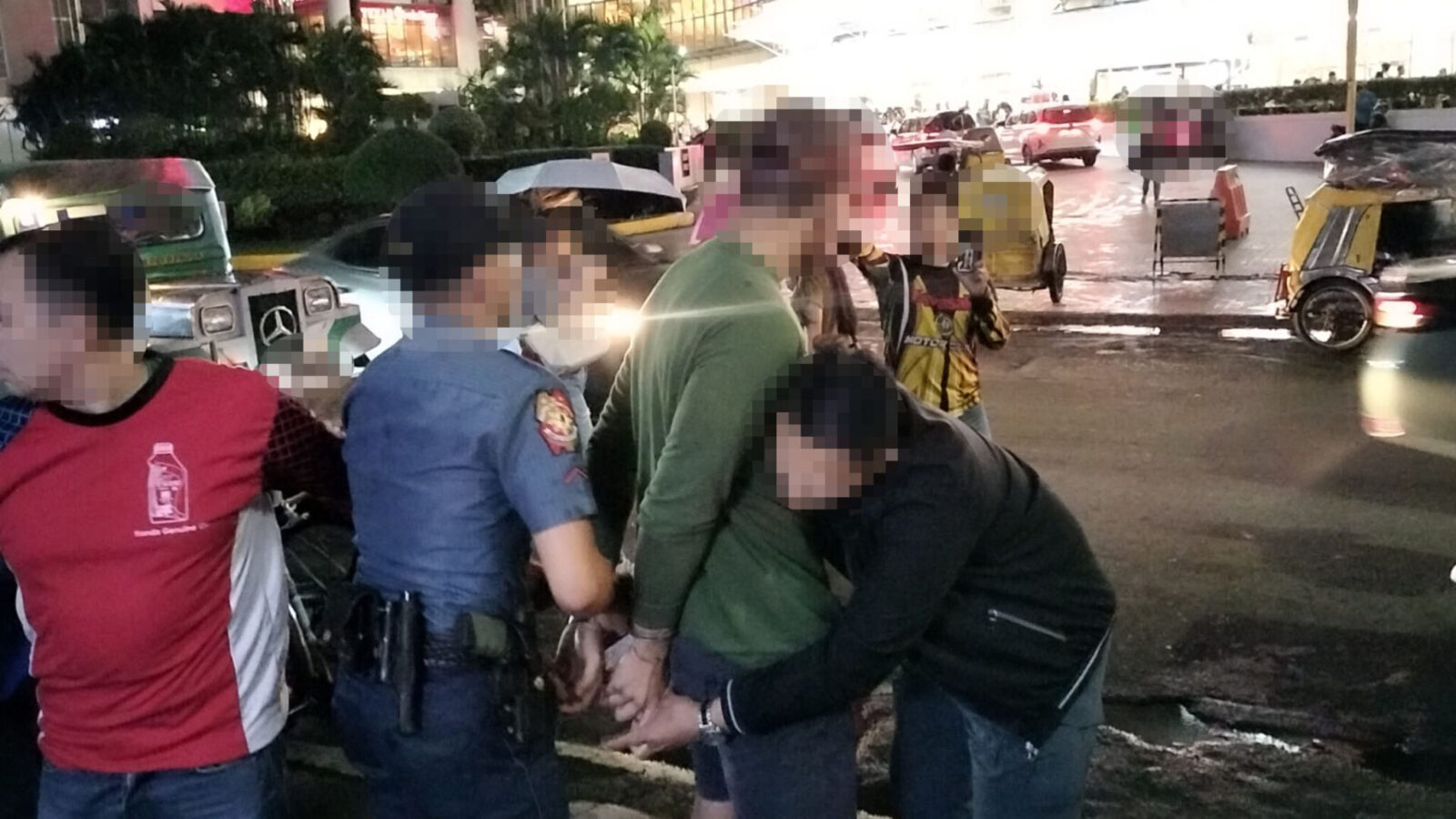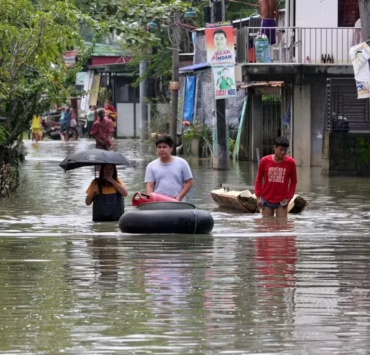College voyeur nabbed for harassing minor

The Philippine National Police Anti-Cybercrime Group (PNP-ACG) said on Friday it arrested a 22-year-old Filipino graduating college student in Manila after allegedly coercing a 17-year-old senior high school student to give explicit photos and later convince her to meet him for sex under threat of leaking the images online.
The suspect, identified by police only as “Andres,” was arrested during an entrapment operation around 6:30 p.m. on Wednesday in Ermita by operatives of the Manila District Anti-Cybercrime Team.
“This case started when a minor was enticed online and offered P20,000 in exchange for nude photos and videos,” PNP-ACG acting director Brig. Gen. Bernard Yang told reporters at Camp Crame.
He added that after receiving the photos and videos, the suspect began coercing the victim, saying he “would spread them (photos and videos) if she didn’t meet him in a motel in Manila.”
The suspect faces charges for grave coercion, violations of the Anti-Photo and Video Voyeurism Act, the Special Protection of Children Against Abuse, Exploitation, and Discrimination Act, and the Anti-Online Sexual Abuse or Exploitation of Children law, all in relation to the Cybercrime Prevention Act.
Yang said the victim and her father immediately reported the threats, allowing police to organize the sting. “We confiscated the suspect’s cellphone, which contained many nude photos and videos,” he said. “We quickly filed the appropriate cases to ensure he is held accountable.”
The suspect, who had no prior criminal record, met the victim only online and escalated the coercion within days.
“This happened very fast—they met online, she sent the photos the following day, and the next day he was already demanding a meeting,” Yang said.
He urged other possible victims to come forward.
“We are informing the public because there may be others who experienced the same thing,” Yang said. “Please report to us so we can act immediately.”
Yang also highlighted the role of digital forensics in securing convictions.
“Even deleted files can be recovered and presented as evidence,” he said. “That is why we’ve had quick convictions in similar cases—the evidence we submit is overwhelming.”

















